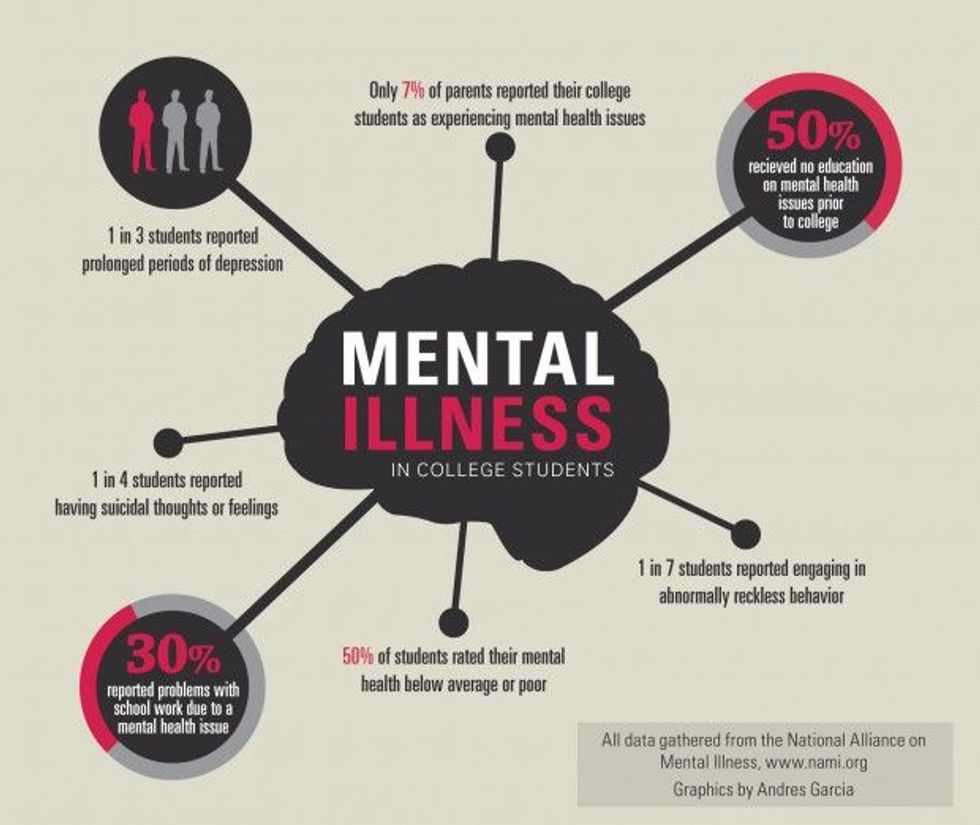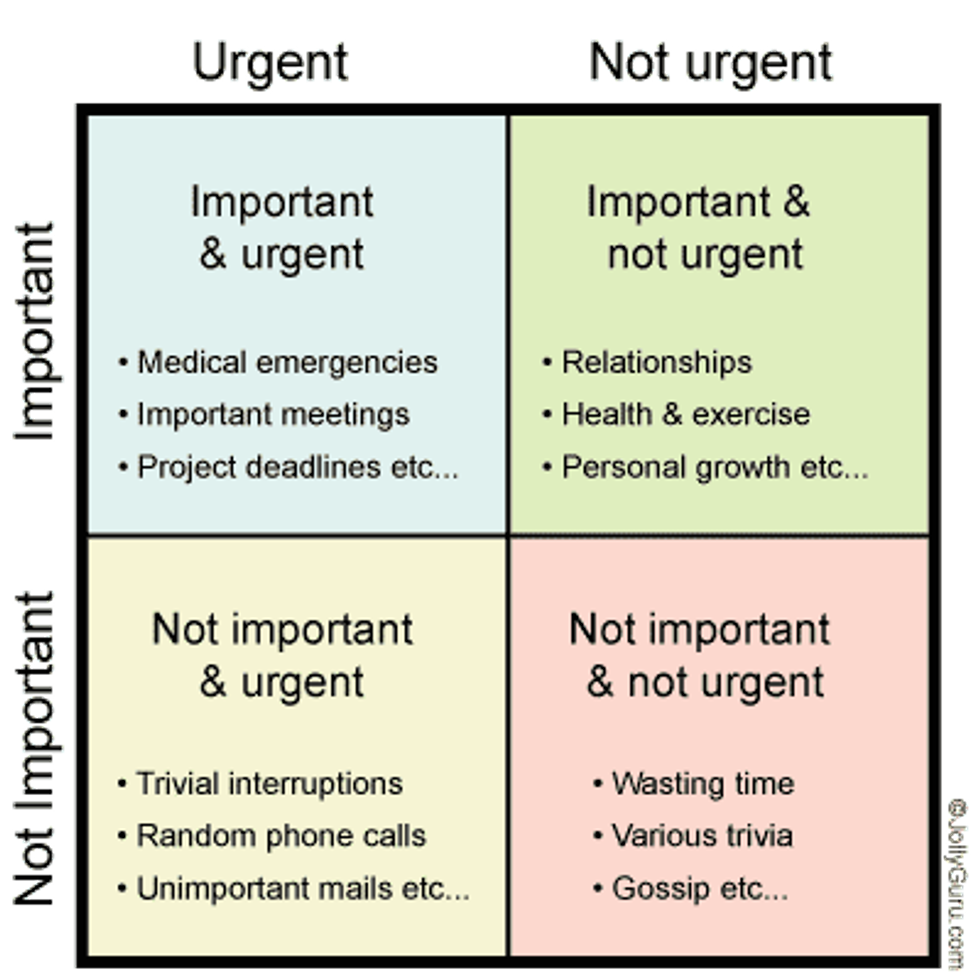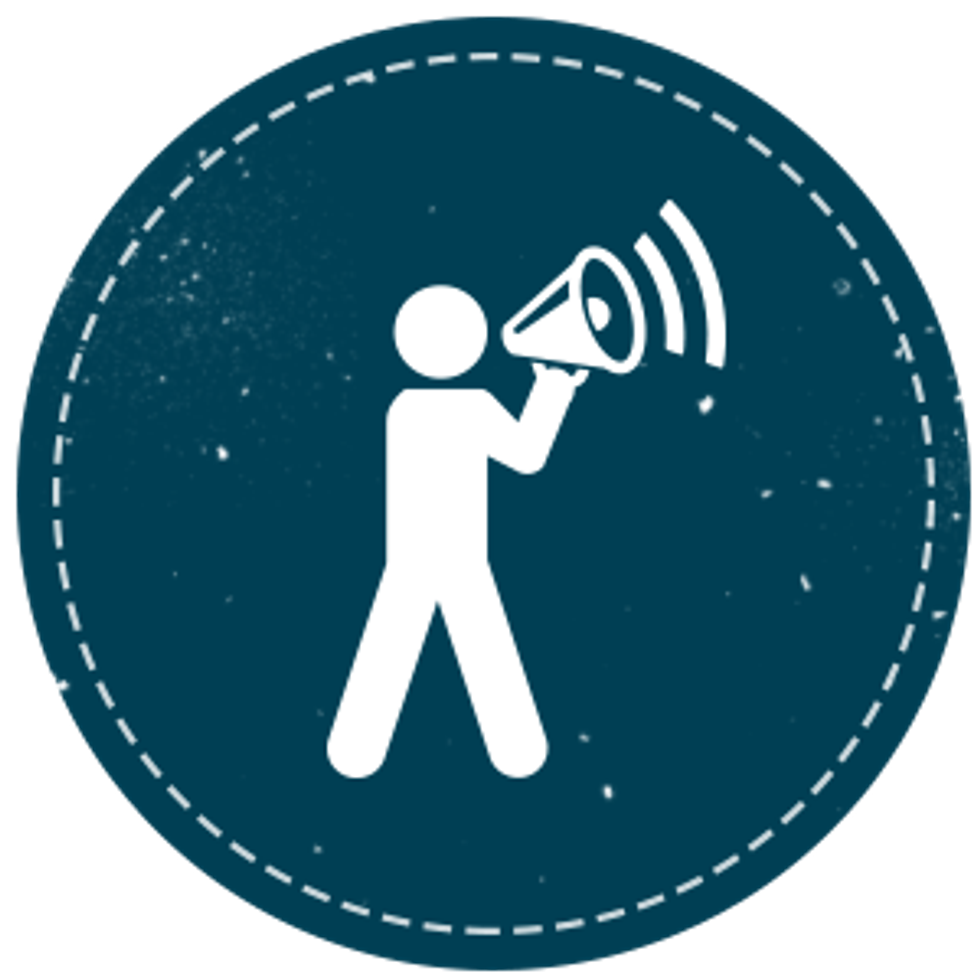We live in a culture that glorifies being stressed. We are expected to constantly be busy, moving forward, juggling multiple projects and workloads at once. Whether you’re slaving over homework or working on the Next Big Thing™, it feels like we are obligated to be in perpetual motion.
This stress is deeply exacerbated as a college student. Keeping up with classes is the bare minimum compared to everything else going on in the background: job hunting, volunteering, Greek life, LSAT/GRE/MCAT prep, extracurricular activities, just to name a few. Being involved is great, but living in an overwhelming state of stress takes a toll on your health: The National Alliance on Mental Illness reported that one in three college students has described prolonged periods of depression, while one in four students have started having suicidal thoughts or feelings since entering college.
Emory University is a harsh example of this climate; the place feeds on self-branding and success stories. Emory is a place where no one ever wants to admit their weaknesses or obstacles for fear of being seen as weak, struggling, or incapable. Instead of seeking help, students are suffering in silence: Emory Dark Arts, a mental health support organization, has stated that Emory is in a mental health crisis. In the 2016-2017 school year, Counseling and Psychological Services (CAPS) had to turn away or refer out dozens of students due to such high demand for their services.
Emory isn’t alone in this crisis: According to a 2014 survey conducted by the Association for University and College Counseling Center Directors, 95% of college counseling center directors surveyed believe that the number of students with significant psychological problems is growing on their campus, with 70% of college counseling center directors believing that the number has increased significantly in the past year alone.
This glorification of working yourself to death needs to end – and millennials have happily begun to push back with the self-care movement. I hope to continue to see the movement spread, but until then, here are a few helpful tips I’ve discovered that help me.
1. Go outside. Seriously.

2. Take a break from social media.
Seeing others post about their (seemingly) never-ending accomplishments can warp your reality of success and make you feel like you aren’t doing enough. Logging out helps reset your internal expectations and allows you to focus on your own achievements.
3. Start working earlier.
Procrastination is all too real, but starting to work on projects and papers early helps you greatly in the long run. If you start early, you have more time between to reflect on your work and self-edit.
4. Get a healthy amount of sleep consistently.
I know it’s hard, but consistent sleep deeply outweighs the benefits of a few all-nighters a week. Try putting an alarm on your phone an hour before you need to go to bed to force you to start wrapping up your work. Trying to burn the candle at both ends hurts you the most.
5. Cut things out that you aren’t passionate about, and know when to say no.
While everyone wants to explore all of their options in college, you quickly learn which things you're really passionate about and which fall to the wayside. If you don’t care about a club but feel obligated to stay in, consider cutting it out. Your time is extremely valuable, and learning to prioritize is essential. If you're an overachiever this will be difficult for you, but it will be very beneficial in the long run. Know when to turn down opportunities that aren’t right for you, and focus your efforts on things you really care about. You’ll feel more gratified in your accomplishments if you really care about them.
6. Remind yourself what you’re doing this for.
You’re in college for a reason. You are pursuing this degree for a reason. When things are picking up mid-semester, you might feel like you’re losing focus. Remember your goals, know your trajectory, and keep moving forward.
7. Be your own best advocate.
Being able to advocate for yourself is the most important skill you can utilize to manage your health, so learn it early. Make that counseling appointment – and don’t skip it. Know what resources are available to you and seek them out as you need them. Be open and honest with your professors. If you need help, ask for it.
I know you’ve heard these things our whole lives, but this delusion that we have to give these things up in college because that’s what you do in college needs to end for good. We aren’t invincible and being in school isn’t an excuse to disregard your physical or mental health. Sure, there will be grueling weeks, but you can’t lose sight of your own health. Your grades will matter for the next few years, but your health now sets the tone for the rest of your life.
As the summer comes to an end, stress will soon be a frequent state of being for many around you, and that's okay. You will have your stressful days, but perpetually living in a stressful environment will wear you down and cause you to underperform. Take steps now to prepare yourself for your personal success this semester.


























